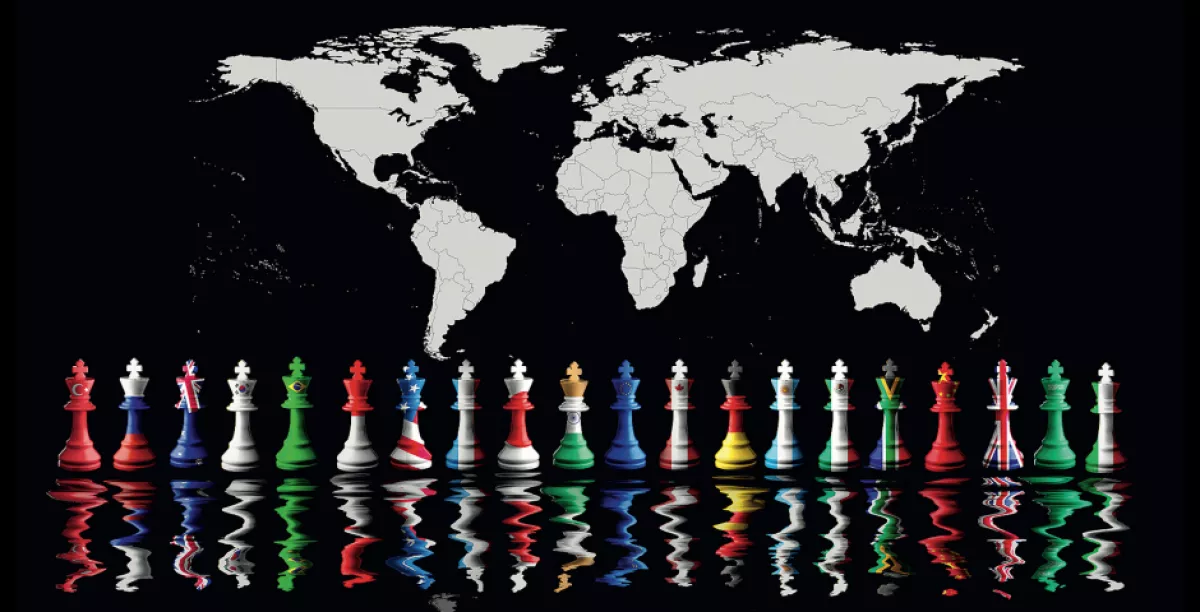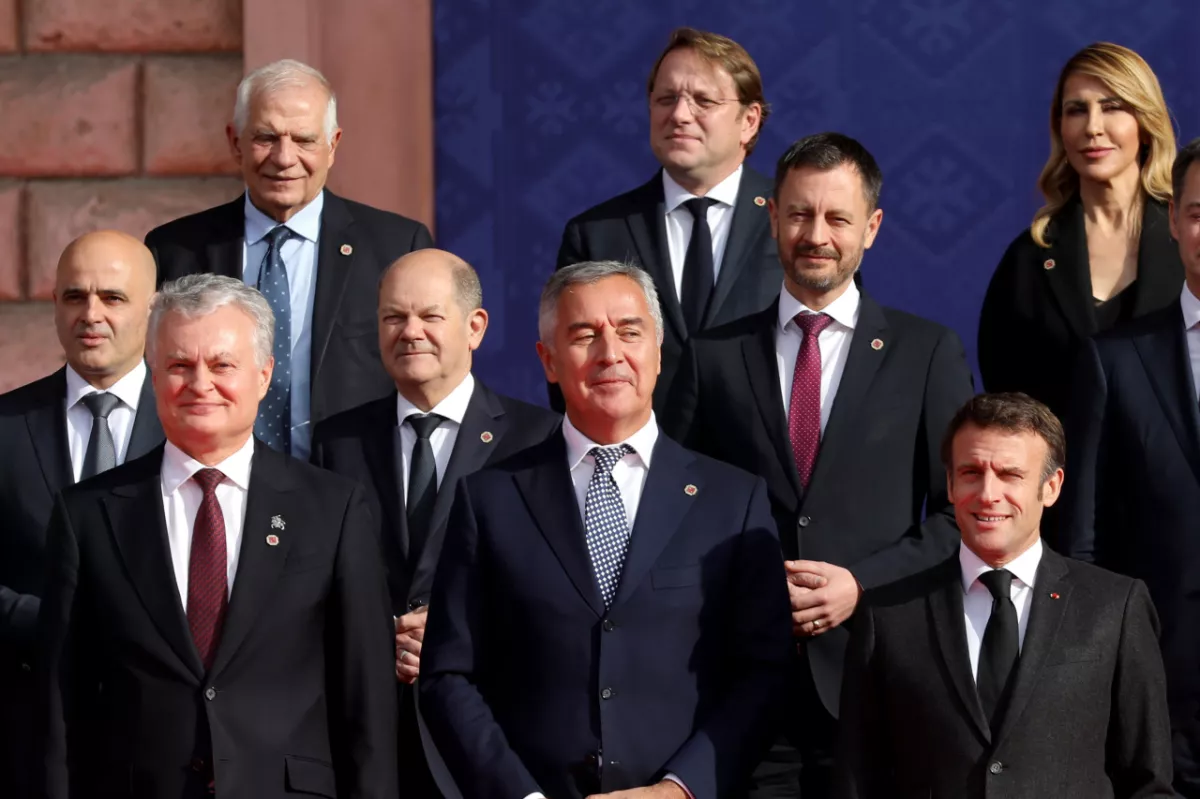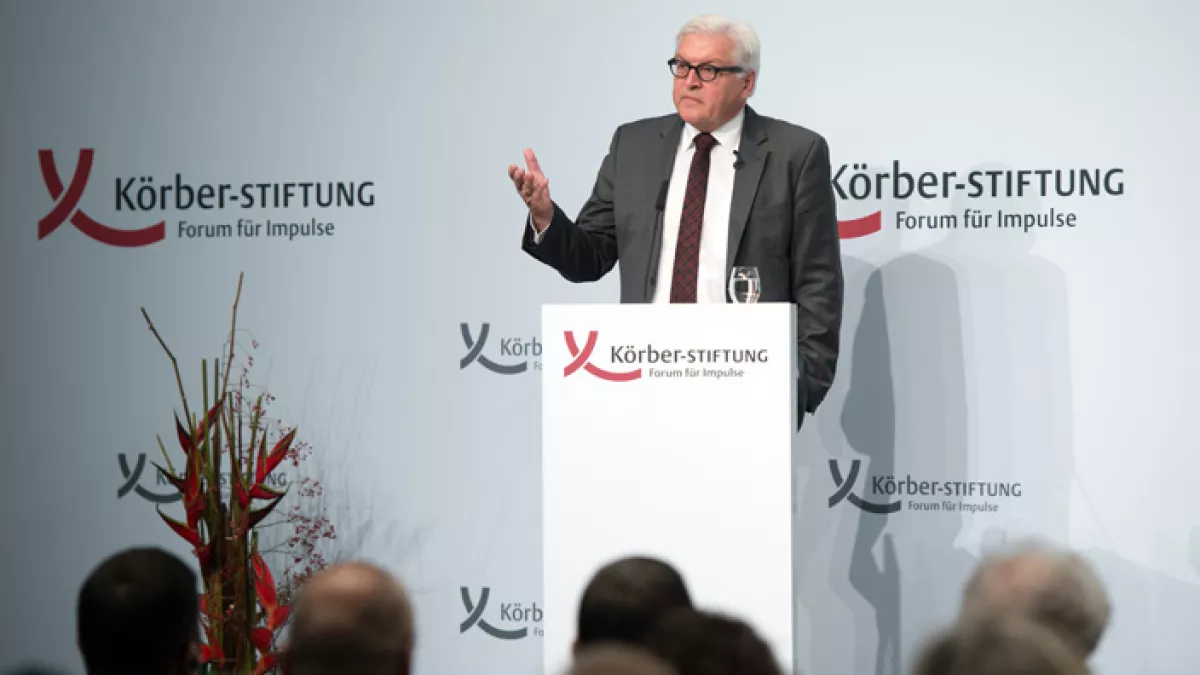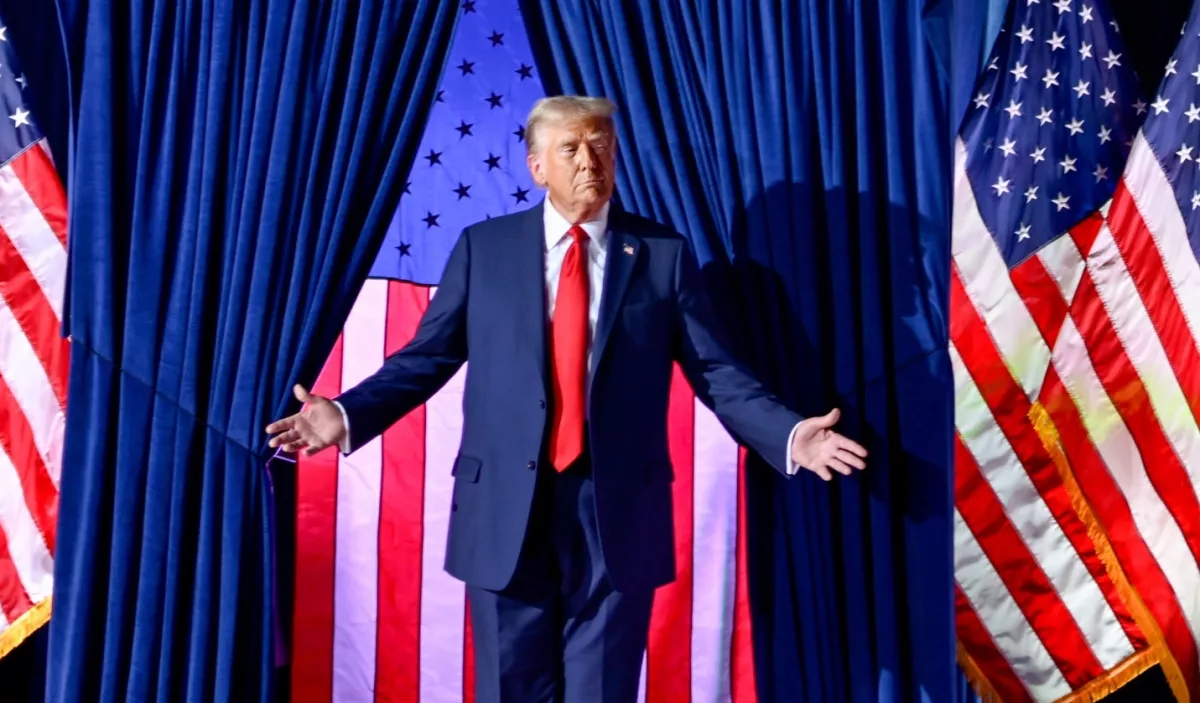West's journey toward accepting multipolarity Between trade and depression
The idea of a global shift toward multipolarity is not a new one. However, until recently, it was largely rejected in the West, which had dominated the unipolar world order. Today, it seems that Western countries are progressing through various stages of accepting these inevitable systemic changes, with different nations moving at different speeds. The European Union appears to be the most reluctant to embrace this transformation.
Just five or six years ago, it was challenging to convince Western diplomats and experts that irreversible structural changes were underway, gradually eroding the geopolitical power of the West. The idea of a looming multipolar world was often dismissed by Western counterparts. Those who raised it were typically seen as conspiracy theorists or dreamers. In the last two or three years, however, this idea has been increasingly discussed, even within Western countries. Despite this, it is still largely viewed as an adversarial narrative—seen more as a reflection of geopolitical rivalry in the information space than as a sober acknowledgement of emerging global realities.
The concept of an impending—or even already happened—multipolarity no longer surprises anyone. Both within the West and beyond, it is increasingly seen as a near-consensus. However, this consensus is mostly rhetorical at this stage. Western political elites have yet to fully grasp or accept this shift. They are still at different stages of coming to terms with the inevitable transformation of the international system toward multipolarity.

Stages of acceptance
As we have recently noted, it is still too early to define the exact content of the emerging multipolarity. More accurately, it is important to discuss it, but with the understanding that its future contours have not yet been fully determined. Some critically important factors may still take various forms, depending on the actions of states or even on random circumstances. The eventual shape these factors take will determine how the coming multipolarity ultimately unfolds. However, for now, let’s focus on another aspect.
The changing attitudes of Western politicians and experts toward the very idea of a profound, qualitative transformation in the international system resemble the well-known five stages of acceptance in psychology. It all begins with the denial of change, which could be observed until around the coronavirus pandemic in 2020. This is followed by a period of anger, characterized by irritation and sometimes even aggression toward the very possibility of deep transformation and those who remind others of it. This explains why, not long ago, those who spoke of the approaching end of the "unipolar moment" were perceived as agents of hostile influence or provocateurs.
The next stage is bargaining: emotions give way to a sense of rationality, and the desire emerges to delay or adjust the inevitable course of events through negotiations and mutually beneficial exchanges. When it becomes clear that negotiations cannot stop the momentum of large-scale changes, the stage of depression follows. This is marked by general confusion, despondency, and an inability to respond effectively to ongoing changes in a way that aligns with one's interests.
Finally, after the depression stage, a light begins to appear at the end of the tunnel in the form of accepting the changes as an inevitable fact—resisting which would be futile. At this point, there is a complete rationalization of the new situation. Based on a reassessment of all the inputs, a new understanding of the present and future emerges, along with a clearer sense of one's place within the new framework. A refined understanding of one’s interests and the resources that can be relied upon to pursue them takes shape. Ultimately, this leads to adjustments in goal-setting and behavioural models.
While analogies and metaphors from other professional fields don’t always lend themselves to the analysis of politics or international relations, in this case, the parallels with psychological stages of acceptance seem relevant. If we apply this framework, Western elites and societies have largely moved past the stages of denial and anger in their acceptance of global multipolarity. However, full acceptance has not yet occurred—and may still be a long way off. The process appears to be stalled somewhere between the stages of bargaining and depression.

Discussions in Berlin
This evolution is easy to observe when tracing the development of official discourses, as well as debates in the media, at various international conferences, and specialized expert events in recent years. This is especially true for events held in informal settings—"off the record"—though even those held on camera reveal much.
One of the most striking examples of this evolution was seen at the recent Berlin Foreign Policy Forum. Traditionally, the event has had a somewhat transatlantic focus. Every year, the organizers conduct a large sociological survey in both Germany and the United States, focusing on the relationship between Berlin and Washington, and their shared or differing perspectives on the most pressing international issues. This survey was conducted again this year, and the timing was particularly appropriate: just before the forum, the Americans elected their next president, and in Germany, the ruling coalition collapsed.
However, the most vibrant and memorable discussions at the forum revolved around other topics. The tone was set by a session titled “Alliances in the Emerging World Order.” In the end, no mention was made of alliances, but a great deal was said about what the countries of the so-called "Global South" think of the West. Here are just a few telling quotes:
"We are tired of the endless lectures from the West about values and norms, especially when the West itself follows these principles selectively, only when it benefits them."
"The world is no longer hierarchical. With the rise of multipolarity, it is becoming more balanced and equal."
"The most fundamental right of any sovereign state is to pursue goals that align with its own interests—not with the interpretation of its interests formulated by Western partners."
"We also want to live in a world that functions according to rules. But these rules must be universal, applied equally to all, and enforced everywhere."

Just a few years ago, it would have been difficult to imagine such discussions and direct statements from invited speakers in the Western capital. While these ideas have been circulating behind closed doors for a long time, now they are not only being voiced but also accepted as a new norm by many Western officials and scholars. They no longer reject such theses outright or accuse the speakers of promoting foreign narratives or simply being incompetent.
These metamorphoses are easy to explain: they reflect the profound structural changes occurring in the system of international relations, leading to a significant shift in power dynamics, influence, and opportunities. The era of unchallenged Western dominance over the last three and a half decades is coming to an end. A new order is emerging, one that is far from fully formed but will clearly not be unipolar. And this is not a question of "good or bad"; it is simply reality. The reality as it is.
This is why the thesis of multipolarity is becoming firmly embedded in the rhetoric of Western political leaders. A striking example is the interview given by António Costa, the former Prime Minister of Portugal, who will assume the role of President of the European Council on December 1. In his first programmatic interview, he begins with the topic of multipolarity. One of his main goals in this key EU position is to establish "closer relations with different regions and countries that are relevant in a world that is much more than the G7 or the G20."

Bargaining, depression, and the European stalemate
Nevertheless, it is important to reiterate that the full acceptance of the new structural realities by Western countries and elites has not yet occurred. Many in the West still hope to convince the rising countries of the "Global South" to align with Western positions on the most complex issues of contemporary international relations. They aim to negotiate with these countries to preserve the practices and institutional foundations of global cooperation that were established during the era of Western dominance. To this end, they continue to search for arguments to counter accusations of double standards and hypocrisy regarding the very values they themselves have championed. They are also attempting to offer financial incentives to specific non-Western countries in hopes of keeping them within the same political framework that existed two or three decades ago.
However, as demonstrated at the recent Berlin Foreign Policy Forum, these hopes are rapidly diminishing. It appears that an increasing number of Western officials and intellectuals are approaching the stage of depression, realizing that it is no longer possible to "push the paste of international change back into the tube."
This is particularly evident in Europe. Recently, in various spheres of life, there has been a growing sense of confusion about the ongoing transformations and how to adapt to keep pace with the accelerating processes. Within the European Union, there are increasing signs of an institutional stalemate. Its existing organizational and legislative frameworks seem less and less relevant to contemporary challenges, making it impossible for the EU to make a truly meaningful transformational leap that would allow it to prevent its decline into a secondary role in global politics.
The United States, in this regard, stands apart from the EU. They possess both the resources and institutional flexibility to adapt to changing global conditions. It cannot yet be said that they are doing this successfully and efficiently, but the domestic political debate there seems to be approaching the stage of full acceptance of the inevitable end of the unipolar world. At least, this is suggested by the triumphant return of Donald Trump to the presidency, as well as the probable processes within the US that will follow.








